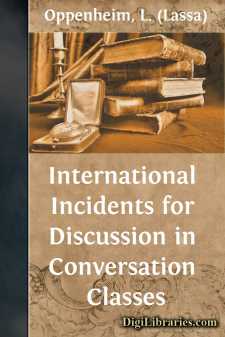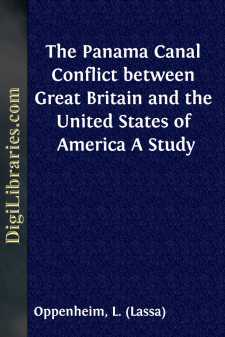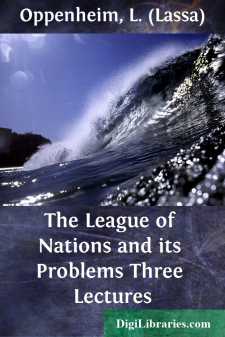Categories
- Antiques & Collectibles 13
- Architecture 36
- Art 48
- Bibles 22
- Biography & Autobiography 813
- Body, Mind & Spirit 142
- Business & Economics 28
- Children's Books 17
- Children's Fiction 14
- Computers 4
- Cooking 94
- Crafts & Hobbies 4
- Drama 346
- Education 46
- Family & Relationships 57
- Fiction 11829
- Games 19
- Gardening 17
- Health & Fitness 34
- History 1377
- House & Home 1
- Humor 147
- Juvenile Fiction 1873
- Juvenile Nonfiction 202
- Language Arts & Disciplines 88
- Law 16
- Literary Collections 686
- Literary Criticism 179
- Mathematics 13
- Medical 41
- Music 40
- Nature 179
- Non-Classifiable 1768
- Performing Arts 7
- Periodicals 1453
- Philosophy 64
- Photography 2
- Poetry 896
- Political Science 203
- Psychology 42
- Reference 154
- Religion 513
- Science 126
- Self-Help 84
- Social Science 81
- Sports & Recreation 34
- Study Aids 3
- Technology & Engineering 59
- Transportation 23
- Travel 463
- True Crime 29
The Future of International Law
Description:
Excerpt
In a note prepared in 1915 for the English edition, Professor Oppenheim stated the circumstances under which his tractate on The Future of International Law was undertaken and published.
'This little work,' he said, 'originally written in German, was first published in 1911, under the title Die Zukunft des Völkerrechts (Leipzig: W. Engelmann), as a contribution to the Festschrift offered to Professor Karl Binding. Events which have since happened make it necessary to call the reader's attention to the date of original publication.
'The translation into English has been made by Dr. John Pawley Bate. In accordance with the wish of the author some slight modifications of the original text were made before translation. The numbers of the paragraphs and the marginal summaries do not appear in the original.'
As was his wont with all his publications, Professor Oppenheim had sent the undersigned a copy of the German text. The value of 'this little work', as its author called it, was at once apparent, and he yielded to the suggestion that it be put into English, in order that it might be available to English readers in the four quarters of the globe. It was accordingly translated, set up in type, and was on the point of appearing, when on July 28, 1914, the then Austro-Hungarian Monarchy declared war upon Serbia; on August 1 the then German Empire declared war upon Russia, and two days later against France, violated the neutrality of Luxemburg on the same day, and the neutrality of Belgium on the night of the 3rd and 4th of August—thus beginning the series of wars which, taken together, are commonly called the World War.
Professor Oppenheim subsequently came to the conclusion that it would be better to withhold publication until the end of the war. It was done, and the deposit of ratifications of the Treaty of Versailles on January 10, 1920, removed this obstacle.
It should be said, however, that Professor Oppenheim expressed doubts on more than one occasion as to the desirability of its publication, but he allowed himself to be persuaded that an English version might be of service to the great and worthy cause of international law and of international organization. Modesty was not the least of his virtues.
From time to time Professor Oppenheim has ventured into the same field. In 1918, in the performance of his duty 'to lay down such rules and suggest such measures as may tend to diminish the evils of war and finally to extinguish war between nations', he delivered three lectures on The League of Nations and its Problems, as holder of the Chair of International Law, founded by Dr. Whewell in the University of Cambridge. As in The Future of International Law, so in the lectures, he started from the Hague Conferences and made the work of The Hague the foundation upon which he would base any scheme of international organization. The epigraph which he put upon the title-page, Festina Lente, indicated the spirit in which he approached his task and the advice which he felt called upon to give to the most casual of his readers. In the lectures he took a step in advance—or backward, according to the point of view—advocating that all members of a league of nations should 'agree to unite their economic, military, and naval forces against any one or more States which resort to arms without submitting their disputes to International Courts of Justice or International Councils of Conciliation'....





